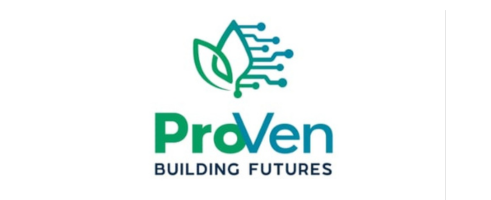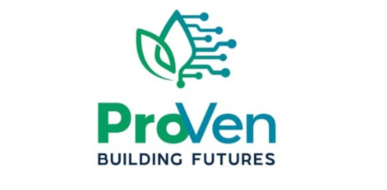Understanding Proven Colab
Proven Colab is a contemporary framework designed to enhance team collaboration by providing a structured approach that facilitates effective communication, innovation, and teamwork. At its core, Proven Colab emphasizes the importance of shared goals and accountability among team members, thereby ensuring that everyone is aligned. This collaborative environment is crucial for harnessing diverse perspectives and experiences, which ultimately leads to more effective problem-solving and creativity.
The fundamental principles of Proven Colab include open communication, respect for individual contributions, and a strong emphasis on trust. Unlike traditional collaboration tools, which often rely heavily on digital platforms and may lack interpersonal interaction, Proven Colab fosters real-time engagement among team members. It encourages regular check-ins, brainstorming sessions, and feedback loops that facilitate ongoing dialogue, thereby enhancing the collaborative experience.
One of the methodologies underpinning Proven Colab is the integration of agile techniques, which promote flexibility and responsiveness in project management. Teams are encouraged to iterate quickly, allowing them to adapt to changing circumstances and emerging challenges. This approach is particularly beneficial in industries such as technology and marketing, where rapid developments necessitate constant adaptation and collaboration.
Key features of Proven Colab include user-friendly interfaces, seamless communication tools, and integrated task management functionalities. These tools not only enhance the engagement of team members but also streamline workflows, making it easier to track progress and meet deadlines. By offering a centralized platform for collaboration, Proven Colab reduces the friction often associated with teamwork, leading to a more productive and satisfying working experience.
Through practical applications across various sectors, Proven Colab has been shown to significantly improve both team productivity and the quality of outcomes. By prioritizing collaborative engagement and fostering a culture of teamwork, organizations can greatly enhance their operational efficiency and innovation capabilities.
Implementing Proven Colab in Your Organization
To successfully implement Proven Colab within your organization, it is essential to follow a structured approach that encompasses assessment, introduction, training, and integration. The first step involves conducting a thorough assessment of your current collaboration practices. This stage allows you to understand the existing workflow, communication channels, and tools your team uses. Identify strengths and areas ripe for improvement, setting a clear foundation for transition.
Once you have established a comprehensive view of the current landscape, the next step is to introduce Proven Colab tools and practices. Begin by selecting the most appropriate tools that align with your organizational needs. Ensure that these tools facilitate seamless communication, project management, and document sharing, as these are vital components of effective collaboration. Engage with team members early in this process to gauge their feedback and preferences; their buy-in will be crucial for successful implementation.
Training is a pivotal element in the transition to Proven Colab, as it equips team members with the necessary skills to utilize the new tools effectively. Organize workshops and training sessions that focus on how to utilize the selected tools, as well as best practices in collaboration. Creating a supportive environment encourages team members to ask questions and share concerns, which ultimately enhances the learning experience.
Integrating Proven Colab into existing workflows may present challenges, including resistance to change and adapting to new practices. It is vital to address these challenges by maintaining open lines of communication and fostering a culture of flexibility. Encourage feedback throughout the implementation process to refine approaches and enhance user experience.
Lastly, establishing metrics to measure the success of Proven Colab initiatives is key to ensuring continuous improvement. Track engagement levels, project completion rates, and feedback from team members to assess collaboration efficacy. Regularly review these metrics, and be prepared to make adjustments as needed, ensuring that the organization’s collaboration strategy continually evolves to meet changing demands.







